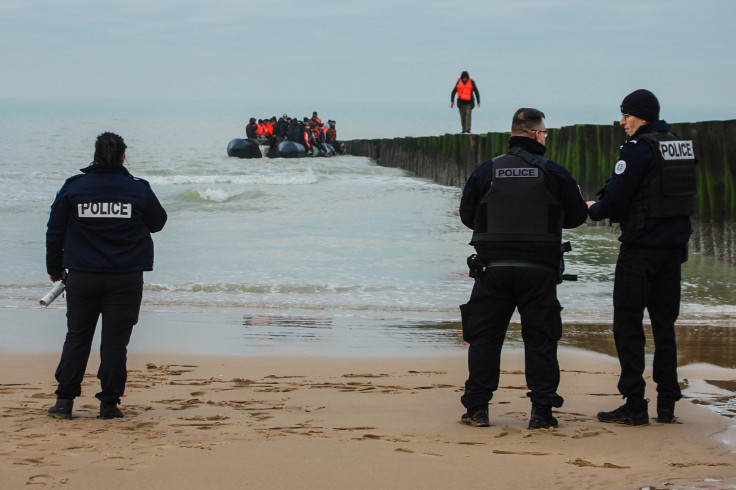
U.S. President-elect Donald Trump's plans to carry out mass deportations and tighten border controls could lead to an unexpected increase in migration to Europe, according to a forthcoming study by the International Centre for Migration Policy Development (ICMPD).
Trump's policies could particularly impact migrants from Latin America, potentially driving an increase in asylum claims from Venezuela, Colombia and Peru, Michael Spindelegger, director of the Vienna-based ICMPD, said in the preliminary Migration Outlook 2025 report, which will be fully launched on 25 January.
Many Latin Americans already constitute a significant portion of asylum seekers in Europe, as they often don't need visas to enter the bloc. In 2023, Venezuelans and Colombians were among the top five nationalities applying for asylum, with 60,000 Venezuelans and 44,000 Colombians seeking protection in the EU. Many of them headed to Spain, benefiting from its shared language and cultural ties.
In an interview with the Financial Times, Spindelegger suggested that if the U.S. becomes less accessible, more Latin Americans might look to Europe as an alternative. "In Spain, you can arrive without visa. And from there, there could be a secondary movement to other countries," he explained.
The issue adds pressure to Europe's ongoing migration challenges. Spindelegger said that migration would remain a top priority for EU leaders, with several member states advocating stricter measures, including proposals to establish return hubs outside the bloc for rejected asylum seekers. They will closely monitor first-movers like Italy and the progress of asylum processing centres in Albania as a model to follow. Thus, the debate could well spark more far-reaching ideas.
Such hubs, however, face significant obstacles. "This is not an easy task because you have to find a country [that is willing]," Spindelegger told FT, citing Italy's stalled plan to process asylum claims in Albania.
The European Commission is also set to propose new legislation aimed at streamlining the return process for unsuccessful asylum applicants, addressing what Spindelegger called a "missing piece" in the EU's migration framework.
The uncertainty surrounding the future of immigration policies and the Trump administration's promise of the "largest deportation in U.S. history" have sent shockwaves through immigrant communities, with lawyers and nonprofit organizations reporting a surge in clients "scrambling" to "adjust their status" in anticipation of the looming policy changes.
Immigrant advocates warn that mass deportation efforts risk disrupting communities and harming the labor force. Meanwhile, sanctuary policies in cities like New York and Los Angeles limit ICE's reach, underscoring the complexities of Trump's ambitious plans.
The American Civil Liberties Union (ACLU) is gearing up to challenge state laws that could ease the implementation of President-elect Donald Trump's mass deportation agenda, with the goal of creating legal barriers to hinder large-scale raids once the Republican takes office. The organization's southern border chapters announced they will launch a "robust challenge" in order to contest the expansion of expedited removals and oppose the construction of new mass detention facilities.
In this scenario of fear and misinformation, scammers take advantage to exploit vulnerable people. Immigration lawyers and nonprofits are reporting an "alarming" surge in notario fraud—a scheme in which con artists misuse notary public licenses to deceive immigrants into believing they are licensed to practice law, robbing them of their money and placing them in riskier situations. Notably, the scams disproportionately target non-English-speaking immigrants who cannot afford to hire a private immigration attorney.
© 2025 Latin Times. All rights reserved. Do not reproduce without permission.







